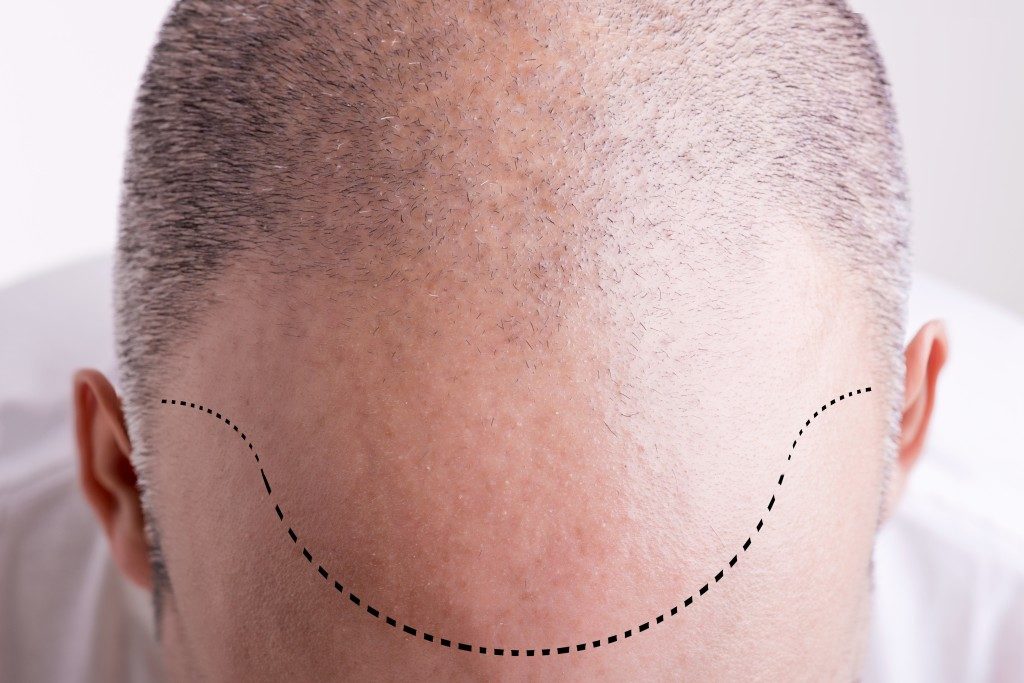• Eight hours of sleep is essential for proper body functions and regulation.
• Sleep occurs in four stages: Stages 1-4, with REM sleep being the stage when people dream.
• Not getting enough sleep can negatively impact brain functioning, weight gain, immune system, and mental health and increase the risk of accidents.
• To ensure quality sleep, upgrade furniture, practice relaxation techniques, avoid caffeine after 5 pm, and create a bedtime routine.
• Taking care of your sleep is vital for physical and mental well-being.
Sleeping is an essential part of everyday life. People always hear that we need to get eight hours of sleep a night, but do you ever wonder why that’s important? When we sleep, our bodies are doing more than just resting. Sleep helps with memory consolidation, immune system function, and hormone regulation, among other things. Here’s the science behind sleeping and why it’s so important.
Sleep Stages
There are four stages of sleep: stage 1, stage 2, stage 3, and REM (rapid eye movement) sleep. During stage 1, we’re transitioning from being awake to sleeping. During stage 2, the heart rate slows, the body temperature drops, and the muscles relax. During stage 3, brain waves slow down, and the body repairs and regrows tissue. Finally, during REM sleep, the brain is active, and the eyes move rapidly. REM sleep is when we dream, essential for memory consolidation and emotional processing.
The Circadian Rhythm
The body has a natural clock called the circadian rhythm. This clock regulates people’s sleep-wake cycle. When you wake up, your body temperature rises, and cortisol (the stress hormone) helps you feel awake and alert. As the day goes on, your body temperature drops, and melatonin (the sleep hormone) is released. This is why you feel sleepy at night. Maintaining a consistent sleep schedule is essential to maintain a healthy circadian rhythm.
The Effects of Sleep Deprivation
When you consistently don’t get enough sleep, it can negatively affect your body. Here are some impacts of sleep deprivation:

Affects Brain Functioning
Sleep is crucial for various brain functions, including concentrating, decision-making, and cognitive skills. Lack of sleep deteriorates the brain’s functioning and impairs cognitive abilities, leading to forgetfulness and decreased alertness. A sleep-deprived person is often seen struggling with simple everyday tasks, making it difficult to perform their job effectively.
Weight Gain
Sleep deprivation increases the hormone ghrelin, which stimulates appetite, causing cravings for high-carb, sugary foods. It also reduces the production of the hormone leptin, which signals to the brain that the body is full. This leads to overeating and eventually unhealthy weight gain, which increases the risk of developing conditions such as obesity, diabetes, and heart disease.
Weakens Immune System
Sleep is essential for the proper functioning of the immune system, and sleep deprivation can weaken it. During sleep, white blood cells produce cytokines, proteins that enhance the immune system’s response to infections and inflammations. Sleep deprivation can reduce the production of cytokines, making a person more prone to infections and chronic illnesses.
Mental Health Issues
The effects of sleep deprivation also extend to mental health. Sleep deprivation can lead to symptoms of depression, anxiety, and stress. It causes a significant negative impact on mental well-being, reducing the ability to regulate emotions and increasing the risk of developing psychiatric disorders.
Increases the Risk of Accidents
Lack of sleep can cause fatigue, leading to a decreased ability to focus, slower reaction time, and poor decision-making skills. A sleep-deprived person is at a high risk of causing or being involved in an accident, especially behind the wheel. Drowsy driving is associated with about 100,000 accidents and over 1,500 deaths yearly.
Tips For Better Sleep
If you want to avoid the effects of sleep deprivation, here are some tips for better sleep:

Upgrade Furniture
The furniture you use in your bedroom can affect how you sleep. You need to invest in robust bedroom furniture if you want to ensure you get quality sleep. Invest in a comfortable mattress, supportive pillows, and a cozy comforter that will help keep you warm during cold nights.
Practice Relaxation Techniques
Stress is one of the leading causes of insomnia. To avoid this, practice relaxation techniques such as deep breathing or yoga before bedtime to calm your mind and body. Deep breathing helps the body relax, reducing muscle stress levels and tension.
Avoid Caffeine
Caffeine is a stimulant in coffee, tea, energy drinks, and other beverages. It can stay in your system for up to 8 hours after consumption, making it difficult to fall asleep. To avoid caffeine’s effects on your sleep, avoid consuming caffeine after 5 pm.
Create a Bedtime Routine
Creating a bedtime routine helps prepare the body and mind for restful sleep. Set aside 30 minutes before bed to do relaxation exercises or read a book. This will help you slow down and transition into a state of rest.
Taking care of your sleep is essential for physical and mental well-being. With the right knowledge, you can create a good sleeping schedule to help you stay healthy and energized throughout the day.







